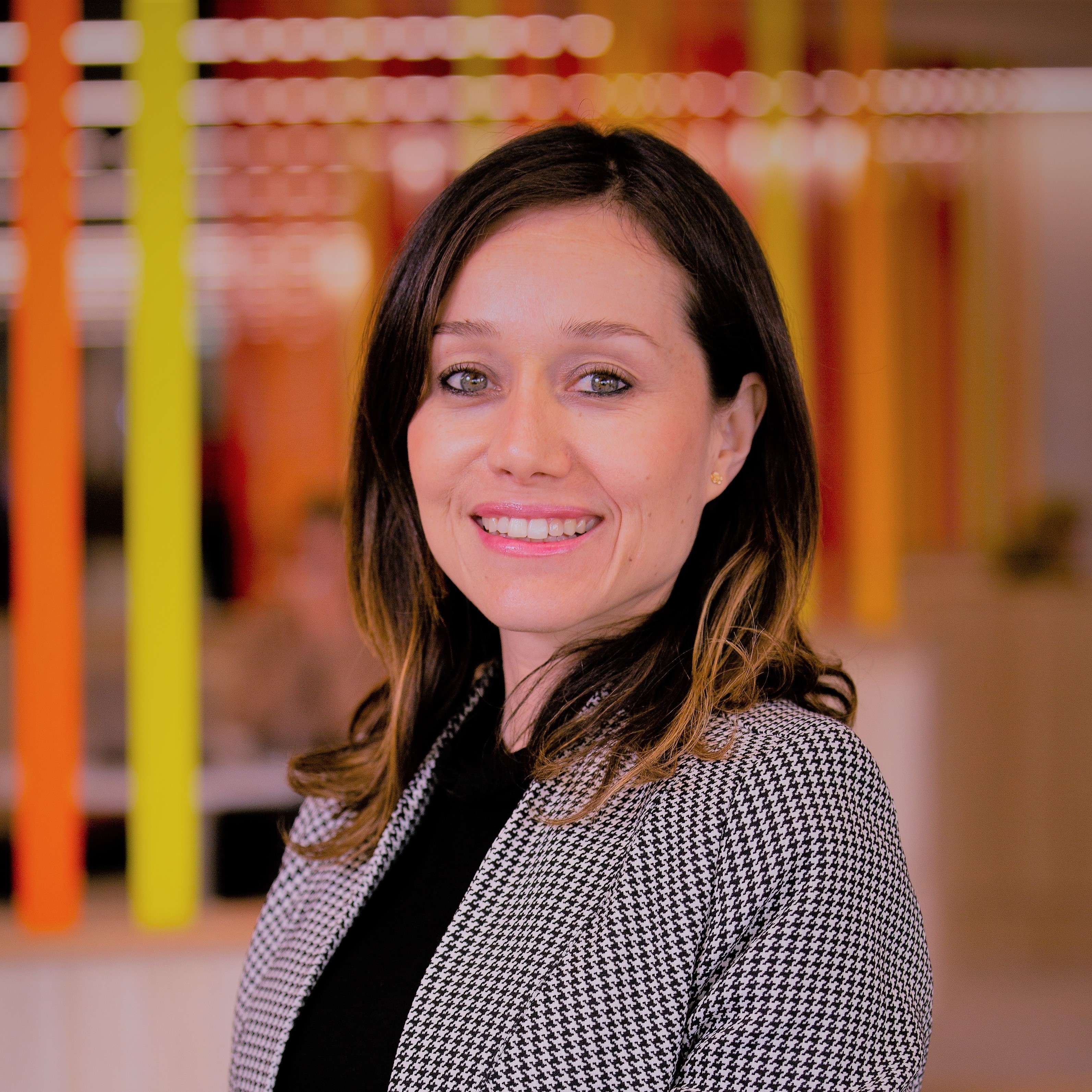
My Expertise
- Stomach cancer (gastric adenocarcinoma)
- Immunogenetics
- Gastrointestinal microbiome
- Helicobacter pylori infection
Biography
Professional Experience
- 2025-2030: NHMRC Emerging Leadership Fellow and UNSW Scientia Associate Professor
- 2020-2024: UNSW Scientia Senior Lecturer
- 2020-2023: Cancer Institute NSW Early Career Fellow
- 2016-2020: NHMRC Early Career Fellow
- 2015: Research Associate, UNSW Sydney
- 2014: PhD in Molecular Genetics, UNSW Sydney
- 2011: MPhil (BABS) Biochemistry and Molecular Genetics, UNSW Sydney
- 2008: Research Assistant, Biological Research Corporation...view more
Professional Experience
- 2025-2030: NHMRC Emerging Leadership Fellow and UNSW Scientia Associate Professor
- 2020-2024: UNSW Scientia Senior Lecturer
- 2020-2023: Cancer Institute NSW Early Career Fellow
- 2016-2020: NHMRC Early Career Fellow
- 2015: Research Associate, UNSW Sydney
- 2014: PhD in Molecular Genetics, UNSW Sydney
- 2011: MPhil (BABS) Biochemistry and Molecular Genetics, UNSW Sydney
- 2008: Research Assistant, Biological Research Corporation (Corporación para Investigaciones Biológicas - CIB), Colombia
- 2008: Research Assistant, Occidental Biomedical Research Centre (Centro de Investigación Biomédica de Occidente - CIBO), Mexico
- 2007: Doctor of Medicine, Del Rosario University (Universidad del Rosario), Colombia
Research Career and Contribution
Dr Natalia Castaño Rodríguez is a WSTEM Early Career Researcher, who has worked in the fields of molecular biology, microbiology, biostatistics and bioinformatics related to immunogenetics and genetics of cancer for the past 12 years. She currently leads a research group dedicated to investigate the interplay between host immunogenetic factors and gastrointestinal dysbiosis in gastrointestinal carcinogenesis (mainly stomach cancer) and other chronic inflammatory conditions (mainly inflammatory bowel diseases).
Prior to moving to Australia, Natalia undertook research trainee fellowships in Colombia (Biological Research Corporation (CIB), Medellín, Colombia) and Mexico (Occidental Biomedical Research Centre (CIBO), Guadalajara, Mexico), where she acquired skills in the areas of human genetics and autoimmunity. Following the completion of her MD degree, Natalia funded her postgraduate studies with competitive scholarships from Colombia and Australia (COLFUTURO Scholarship and UNSW University International Postgraduate Award) to investigate the role of innate immunity in stomach cancer. After a stint as a research associate in the Helicobacter and Campylobacter laboratory at UNSW, she was then awarded an Early Career Fellowship by the National Health and Medical Research Council (NHMRC) to expand her work on the role of immunogenetics, particularly related to pattern recognition receptors and the autophagy pathway, in Helicobacter pylori-related stomach cancer (May 2016- April 2020). Having established herself as an emerging leader, Natalia has more recently secured a Cancer Institute NSW ECF (2020-2023), a UNSW Scientia Fellowship (2020-2024, 2025-2029) and a NHMRC Investigator Grant (2025-2030) to continue her investigations on stomach cancer.
If you would like to learn more about Natalia and her research, please read these layperson articles published in Nature Communications Biology, Can Too Foundation and Medscape. A full list of Natalia’s scientific publications can also be found here.
Other Roles
As a young female ethnic researcher, embracing diversity has been a priority for Natalia. In 2019, she was selected to be part of UNSW’s Women in Maths and Science Champions Program, she is a member of important Australian gender equity societies, and her research includes marginalised populations from South America, East Asia and the Middle East. She is also actively involved in early career academic representation at UNSW, being a former Chair of the Early Career Academic Network (ECAN), the current UNSW’s representative in the Early- and Mid-Career Researchers (EMCR) forum and the new Postgraduate Coordinator in the School of BABS.
My Research Supervision
Areas of supervision
I am interested in supervising both Honours and HDR (Masters and PhD) students in the areas of immunology, genetics and microbiology. If you are interested, please contact me via email describing why you would like to undertake a degree in my lab and providing your results from the UNSW HDR Self-Assessment Tool (applicable only to Masters and PhD candidates).
Currently supervising
- Isidora Simovic - PhD
- Karla Vinasco-Pacheco - PhD
- Kostas Brook - PhD
- Arti Rattan - PhD
- India Broom Waugh - Honours
- Elsa Kalluzhathil - Research Assistant
- Bentotage Samitha Madushan Fernando - Research Assistant
- Dimitrije Karadarevic - Volunteer
My Engagement
2022 I was interviewed by the UNSW Women's Collective for an article on women in STEM (Pandora's Box magazine)
2020 I was interviewed by the School of Biotechnology and Biomolecular Sciences Student Society (BABSOC). BABSOC is a society with over 400 undergraduate members involved in the fields of biotechnology, biochemistry, genetics, molecular biology, microbiology, immunology, and bioinformatics. Click here
2020 I was interviewed by the Women in Maths and Science Champion Program blog for an article entitled “Medicine, microbiomes and mutations – Meet Natalia”. Click here
2019 I was interviewed by Nature Communications Biology for an article entitled “Spotlight on early-career researchers: an interview with Natalia Castaño-Rodríguez”. Click here
2018 I was invited to be part of a promotional video for the giant BARBECURE, a national awareness and fundraising initiative aimed at inspiring all Australians to help fund crucial cancer research. Click here
2018 I was interviewed by Floyd Larsen, CEO of Cure Cancer Australia Foundation, who was selected as a 2017 Movers & Shakers and wanted to include my profile in her article “Believe in Your Vision” for the Fundraising & Philanthropy (F&P) magazine. Click here
2017 I was interviewed by Medscape for an article on my work entitled “Fecal Transplants Effective for Some With IBD”. Click here
2017 I was interviewed to discuss my research on gastric cancer and autophagy by Can Too Foundation. Click here
2016 I was interviewed to discuss my research on gastric cancer and genetic polymorphisms by La Tarde Newspaper, Colombia
2015 My research was selected for discussion in Medscape in an article entitled “Battle of the ‘Bacters’ in Inflammatory Bowel Disease”.
2015 Contributed a layperson article on genetics of gastric cancer published in Comfamiliar Hospital's Quarterly, Colombia
2013 My research on autophagy and gastric cancer was selected for discussion in La Tarde Newspaper, Colombia